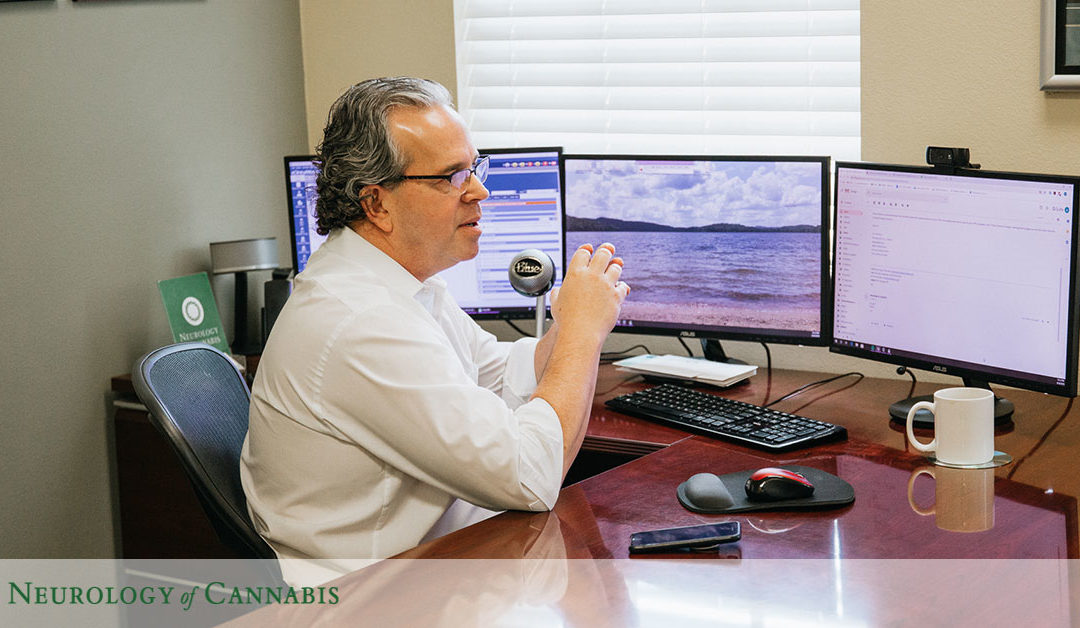Many states have adopted laws that allow for medical cannabis to be utilized to treat a broad range of diseases and conditions.
In Florida, the Medical Marijuana Legalization Initiative – also known as Amendment 2 – was approved by voters in 2016. The Department of Health was then given the responsibility of compiling a list of qualifying medical conditions that would define the legal framework of the program.
Common Qualifying Conditions & Descriptions
This list is not exhaustive of every qualifying condition on the Florida list. If you do not see your medical condition mentioned, speak to a doctor experienced with cannabis regarding your case.
AIDS and HIV: HIV is the virus that attacks the immune system and destroys helper-T cells, a type of white blood cell. The virus clones itself and can multiply rapidly within the host system. AIDS refers to the last, advanced stage of HIV, during which the patient can no longer fight off the infection as their immune system has been too severely compromised. Cannabis cannot cure the virus but has been proven effective in treating and lessening symptoms.
Amyotrophic Lateral Sclerosis (ALS): Also known as Lou Gehrig’s disease, ALS is a progressive neurodegenerative disease that attacks both the nerves in the brain and the spinal cord. As the disease progresses, it affects the control of the muscles that are needed to speak, eat and breathe. There is no cure for ALS, although medical cannabis may help to relieve the pain and other symptoms of the disease.
Cancer: This well-known disease refers to a class of conditions characterized by out-of-control cell growth. Cancer alters cellular growth and reproduction, typically causing masses of tissue known as tumors to form. Cannabinoids in cannabis may inhibit cancer by killing cells and blocking their growth. Medical cannabis is also used to treat reactions to chemotherapy and radiation, such as wasting syndrome and nausea.
Chronic pain: Whether headaches, carpal tunnel syndrome or back pain, 100 million Americans are estimated to suffer from chronic daily pain with both neuropathic and inflammatory origins. Cannabinoids release endogenous opioids which are known to regulate the pain response system. Medical cannabis may be a much safer treatment option than narcotics.
Epilepsy & Seizures: This group of neurological disorders is characterized by seizures, defined as episodes of uncontrollable electrical activity in the nervous system. The presence of cannabidiol (CBD) in medical cannabis allows it to be used as an anti-convulsant, helping in the control of spasms without psychoactive or intoxicating effects.
Glaucoma: One of the leading causes of blindness in patients over 60 years old, glaucoma results in thousands of optic surgeries annually. Current research has indicated that cannabinoid receptors within the eye may make cannabis an effective treatment; by reducing intraocular pressure inside the eye, and slowing the progression of the condition.
Parkinson’s Disease: Medical marijuana may provide relief for symptoms experienced by patients suffering from Parkinson’s Disease, a condition that produces neuromotor dysfunction resulting in involuntary movements such as tremors and tics. The region of the brain associated with Parkinson’s has a high concentration of cannabinoid receptors, making cannabis a promising treatment for reducing tics, as well as providing additional forms of relief.
PTSD: Post-Traumatic Stress Disorder develops after exposure to an event or situation which caused significant physical or emotional harm and trauma. In recent years, PTSD has come into the spotlight within the ranks of military personnel. The disorder may manifest as persistent frightening thoughts and memories, insomnia, frequent distraction, or an overall sense of feeling numb and apathetic. There is evidence that smoked marijuana and oral THC are effective in treating some symptoms of PTSD, notably reducing nightmares and aiding in sleep quality.
Medical Conditions of the Same Kind or Class: This last condition of the qualifying list is described as a medical condition of the same kind or class, meaning that a condition that may not be listed in the specific list may still qualify because the symptoms are of the same kind to a qualifying condition. This will depend on your cannabis doctor, and the symptoms that you have. Someone that deals with chronic pain or inflammation from conditions like arthritis or crohn’s disease for example, should still speak with an experienced doctor at their cannabis clinic to discuss how they can qualify for medical cannabis treatments.
What About CBD Oil?
Because cannabis with high amounts of THC will typically increase or aggravate anxiety, non-psychoactive CBD oil is being used more frequently for the treatment of anxiety, as it offers all of the therapeutic benefits of whole-plant cannabis, without producing any high.
Next Steps
If you are suffering from any of the above-listed conditions – or have a question regarding another condition not on the list – and would like to apply for your medical marijuana card, your first step is to schedule an appointment with a qualified physician. Call Neurology of Cannabis today to get started.
Based in Sarasota, Dr. Daniel Stein is a board-certified and fellowship-trained physician with decades of experience in cannabis research and neurology and can offer expert advice and assistance to get you on the road to relief and healing.

